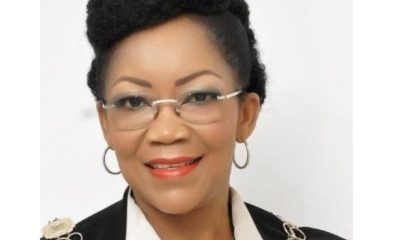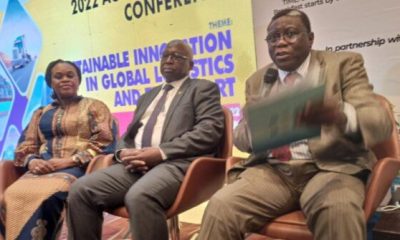Maritime Agencies
CILT 2023 CONFERENCE/AGM: Experts X-ray Hindrances to AfCFTA, Offer Solutions.
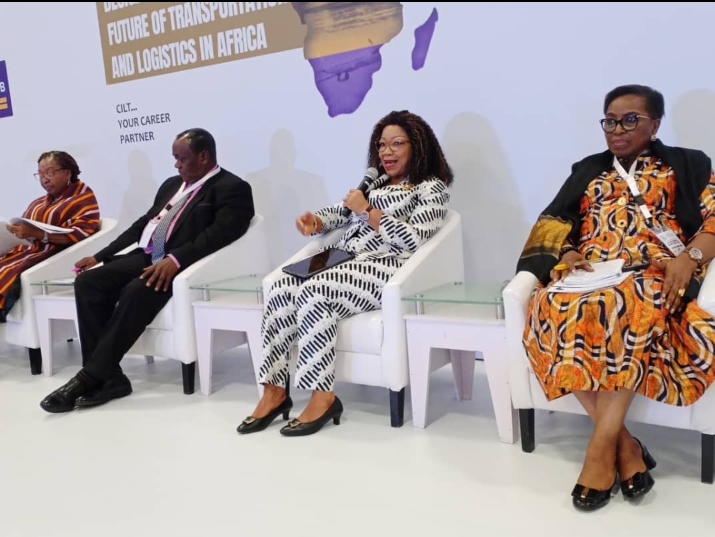
By Izuchukwu Ozoemena
For the umpteenth time, attention is being drawn to the fact that for the African Continental Free Trade Agreement (AfCFTA) to achieve the desired goal of trade and economic integration in Africa, political leaders must demonstrate the political will to address the twin setbacks of insufficient transport infrastructure and unprofessional activities of government agencies at ports, numerous road checkpoints and border stations especially along the West African corridor.
Professor of International Economic Relations at Covenant University, Nigeria, Prof. Jonathan Aremu, stated this in Lagos, Monday, while delivering a
paper entitled “Cross-border Trade and Regional Integration”. He was the lead speaker at the 2023 Conference and Annual General Meeting of the Chartered Institute of Logistics and Transport (CILT).
The conference which was massively attended by experts in logistics and transportation from Nigeria and beyond featured the theme “Designing the Future of Transportation and Logistics in Africa”.
They were unanimous in identifying dilapidated transport infrastructure and an unfriendly business environment as some of the biggest threats AfCFTA is grappling with. Until these are realistically sorted out, they said, the trade regime remains a pipe dream.
Speaking on challenges posed by activities of government officials at ports and land borders, Prof Ngozi Egbuna, former Director-General, West African Monetary Institute (WAMI), Lagos, observed that it is only when Nigerians are exporting non-perishable items that they quickly overlook and accommodate delays arising from poor transport infrastructure and anti-trade posture of agencies of government as exemplified in bribery and corruption. But what happens to goods on transit if they are time-bound and perishable? She featured on the showcase session which dwelt on Cross-border Trade and Regional Integrity.
In a bid to ensure that cross-border trading is simple and seamless, she strongly advised African governments to prioritize the improvement of transportation infrastructure. Access to finance and trade efficiency in the continent must be at par with what obtains in developed economies.
Port operations in Africa must be without encumbrances.
“I remember going to Cairo for an AFREXIM Bank trade fair. As at the time we were leaving Cairo after the event, some goods hadn’t arrived for them to be displayed at the trade fair. Some of those goods were coming from Ghana, Kenya and Addis- Ababa. They didn’t arrive until the end of the trade fair. This is a challenge we have in Africa,” Prof. Ngozi Egbuna regretted.
In her submission, one of the discussants, Chief Mrs Chinwe Ezenwa was particular about the role of Customs, infrastructure and government policies as challenges Nigeria in particular must address.
Ezenwa, former Managing Director of the National Inland Waterways Authority (NIWA) and Chairman, Le Look Nig Ltd, also pinpointed the absence of integration of supply-chain arrangements in AfCFTA’s considerations.
“Business is war; there are enemies on every side. In this AfCFTA, we don’t even know what the integration is all about when it comes to export trade. From manufacturing to supply-chain, customs operations to transport infrastructure, on every side there are challenges. This explains why we have more informal trade across the borders.”
She warned that AfCFTA cannot achieve the ideals it was conceived to address if these problems persist.
“When we produce our goods and ship to Ghana, we find that sometimes the goods are detained at the Customs shed at Ghana. The goods spend about 6 weeks to be cleared in Ghana, even though it was a shop in Ghana that ordered for these goods, ” Ezenwa gave as example.
She described Customs as an enabler in AfCFTA trade. Documentation processes for shipping to Ghana and some other African countries, she observed, are too cumbersome. There must be a workable and effective Return Policy for African exports and goods to be traded under AfCFTA.
In her goodwill message, former Aviation Minister, Dr Mrs Kema Chikwe congratulated CILT Nigeria for always being at the vanguard of championing worthwhile transportation issues. She regretted that Africa cannot confidently claim that she has made commendable progress with the state of transportation infrastructure. She advised governments to be more effective in designing impactful policies to drive African integration. “We can’t make progress if we can’t effectively connect by air,” for instance. Dr. Anthonia Ekpa, former Permanent Secretary, Federal Ministry of Special Duties, re-echoed the role of corruption as earlier stated. She observed that corruption remains a major challenge to regional trade and integration especially in the ECOWAS subregion.
“Traders are encouraged to use the land borders and ports, but Customs, Police and other agencies don’t seem to understand that goods are time-bound. Sometimes goods are seized and forgotten at the warehouses of the security agencies.”
“Regional integration means allowing citizens and goods from one country easily access the other nation. Nigeria flouted this for a long period with the border closure and we know that there were huge socio-economic consequences for nations on both sides of the border,” Ekpa said.
In his intervention, Chairman, Ecomarine Group, Mr. Mahmud Tukur, noted that shipping to several African countries remains more expensive than trading with Europe and Asia where trade barriers are non-existent. He questions why African policy makers have refused to learn a lesson from this.
Speaking through Mr Dayo Balogun, Managing Director, Ecomarine, Tukur suggested that AfCFTA should seriously consider developing what he described as short-sea shipping and regional cabotage to retain monetary benefits of AfCFTA trade.
Dwelling on the logistics environment in Nigeria, the Ecomarine boss remarked that moving a container from China to Lagos ports is seamless and cheaper than doing the same from Lagos to Kano.
Tukur called for massive investments in transportation infrastructure. He stressed the need to dredge and activate eastern ports as soon as possible, expand rail services and roads. and Barge operations must also be encouraged.
In her welcome address earlier, President, CILT Nigeria, Barr. (Mrs.) Mfon Usoro stated that the conference theme was carefully chosen to align with the revitalized push for intra-African trade under the AfCFTA.
“The conference theme and content underscore the crucial role of efficient and sustainable logistics and transport in the attainment of the goals of AfCFTA”, she declared.
“As the world looks to the large market and youthful population in Africa, professional bodies such as ours continue to drive intelligent and incisive conversations intended to produce pragmatic policies and competent implementing organs of government that promotes growth of the private sector in wealth creation so that Nigeria and other African States can evolve into major players in the global economy.”
Declaring the event open, Aviation and Aerospace Development Minister, Festus Keyamo (SAN), remarked that efficient movement of goods and people not only fuels economic growth but is intrinsically tied to the nation’s food security initiatives.
“In the realm of aviation and aerospace development, we are presented with opportunities to redefine the landscape of transportation, fostering economic growth and enhancing our commitment to sustainable development goals. The relevance of our discussions here today extends seamlessly to the 8-point agenda set forth by the President of the Federal Republic of Nigeria, Bola Ahmed Tinubu. In our pursuit of a more prosperous future, the transportation and logistics sector plays a pivotal role in translating vision into reality.”
The Aviation Minister who was represented by his Special Adviser, Henry Agbebire, observed that a well-managed logistics and transport system enhances job creation.
“The aerospace and logistics sectors are dynamic engines of employment, providing opportunities that span a spectrum of skills and expertise, contributing significantly to the overarching goals and aspirations of the government of our nation. By harnessing cutting-edge technologies and strategic partnerships, we can not only optimize logistics but also contribute to a greener and more sustainable future,” he assured.
At the event, the Chairman, 2023 Conference Planning Committee, Prof. Kayode Oyesiku, previewed a 9-chapter entitled “Perspectives on Sustainable Innovations in Global Logistics and Transportation”, a compendium of academic and scholarly presentations by experts and international delegates at the 2022 CILT National Conference.
Transportation gurus such as the CILT International President-elect, Chief Teete Owusu-Nortey, a Ghanaian; CILT International Vice President and Chairman, African Forum, Alhaji Ibrahim Jibril; President, Chartered Institute of Transport Administration (CIoTA) Nigeria, Prince Segun Obayendo and Founder, Women in Logistics and Transport (WiLAT), Hajia Aisha Ali-Ibrahim graced the occasion.
Others included Capt Sunday Umoren, the Secretary-General, Abuja MoU on Port State Control; Founder, ABC Transport Plc, Mr. Frank Nneji; former President, National Association of Government Approved Freight Forwarders (NAGAFF), Chief Eugene Nweke, among other logistics eggheads.
Maritime Agencies
Dangote Lauds NPA’s One-Stop Shop Committee, Donates Coaster Bus To Ease Operations
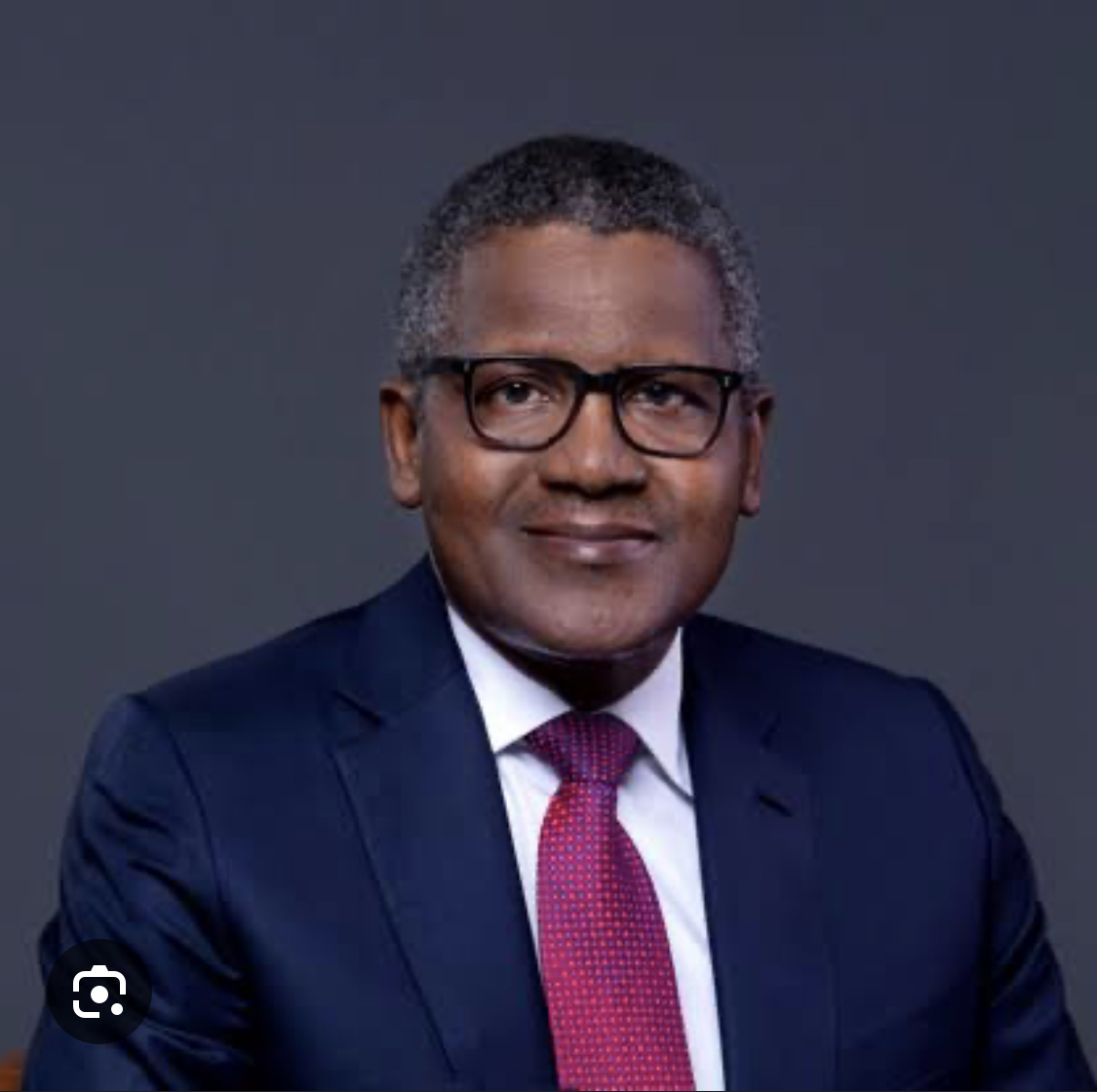
By Izuchukwu Ozoemena
The Nigerian Ports Authority (NPA) has received commendation for demonstrating tact and economic sense in the way and manner it implemented the Federal Government’s policy on domestic sale of crude oil and refined petroleum products in Naira.
The President/ Chief Executive Officer of Dangote Group, Alhaji Aliko Dangote made the commendation while donating a brand-new Coaster bus to the One-Stop Shop (OSS) Committee to further ease her operations.
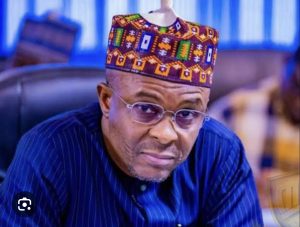
In a letter he personally signed, Alhaji Aliko Dangote assured that his organisation would continue to explore ways to support the NPA-led committee to sustain its successes in the implementation of the presidential directive on the sale of crude and refined products.
“In recognition of the enormous responsibility placed on the shoulders of the One Stop Shop (OSS) by the President and Commander in Chief of the Armed Forces, and our commitment to ensuring the committee delivers on its mandate”, the letter stated, “I am pleased to donate to the committee one (1) brand new Coaster bus to facilitate the daily discharge of their operations.”
“We believe this bus will be used productively by the committee as we continue to look for ways to support and appreciate the efforts of this noble committee.
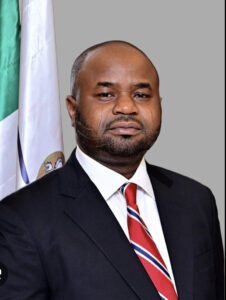
Mr Zach Adediji, Executive Chairman, Federal Inland Revenue Services
It is recalled that during a recent visit to NPA, the Chairman, Technical Sub-Committee on the implementation of the Federal Government’s policy on domestic sale of crude oil and refined products in Naira, Zach Adedeji,
commended the One-Stop-Shop (OSS) Team, led by the Nigerian Ports Authority (NPA) for ensuring smooth operations of the directive. Adedeji is the Executive Chairman, Federal Inland Revenue Service (FIRS).
He lauded the team led by NPA for playing a pivotal role in the successful implementation of the presidential directive on the domestic sale of crude oil and refined products in Naira.
Adedeji said: “We recognize that this pioneering effort is a significant achievement, and no doubt reflects your commitment and patriotism”.
“Thus, we encourage you to maintain the hard work and dedication that has made this initiative a success.
“We also extend our gratitude to all participating agencies for their invaluable cooperation and support,” Adedeji stated.
Maritime Agencies
Release Approved N200bn Capital Projects Fund To MAN, Oron, House of Representatives Charges NIMASA .
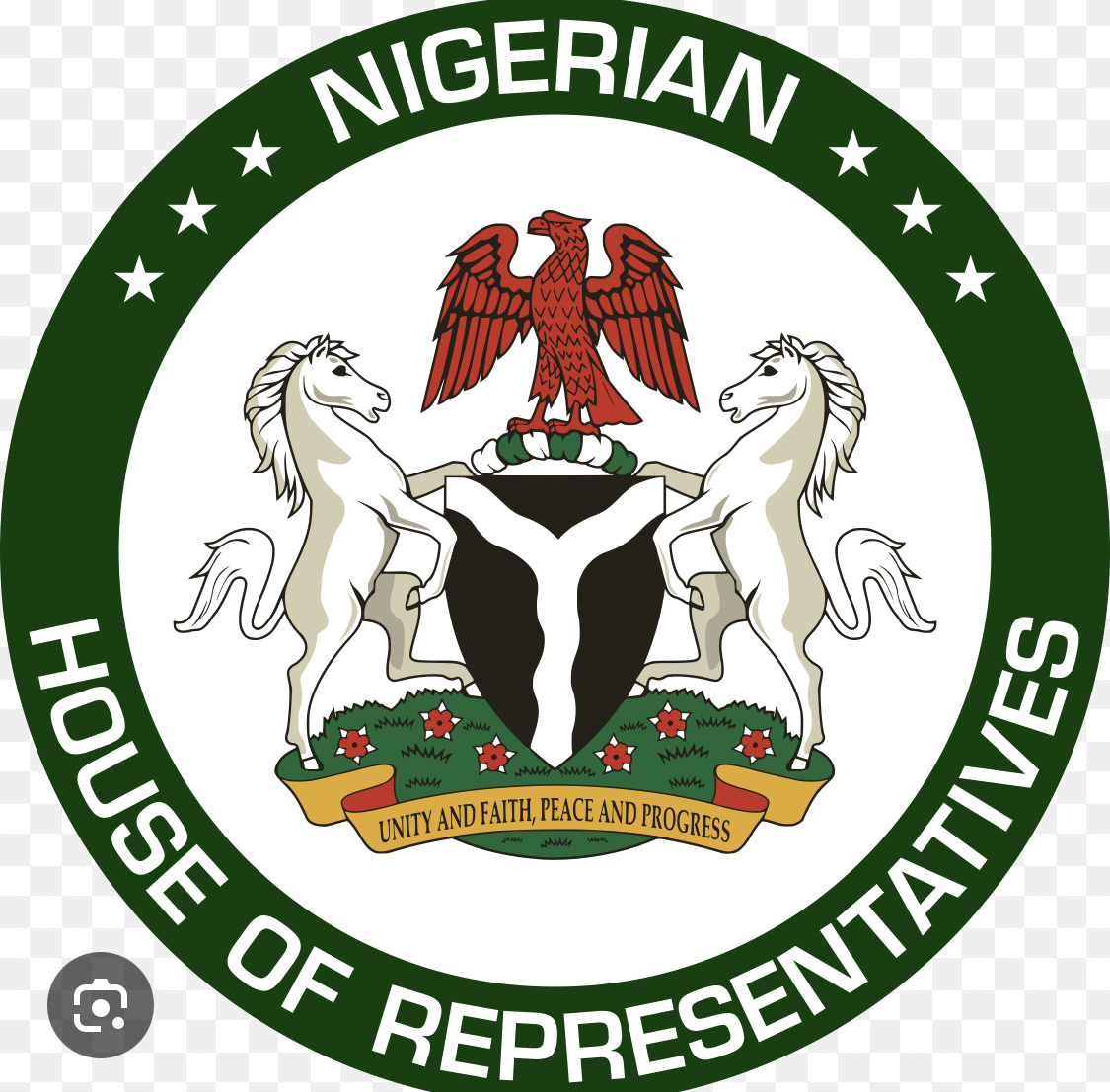
By Izuchukwu Ozoemena
In her determination that the Maritime Academy of Nigeria (MAN), Oron is adequately empowered to function to achieve her statutory mandate, the House of Representatives has directed the Nigerian Maritime Administration and Safety Agency (NIMASA) to release the N200 billion approved for key projects at the apex maritime training institution.
Hon Khadija Abba- Ibrahim, Chairman, House of Representatives Committee on Maritime Safety, Education and Administration made the appeal when the management of NIMASA appeared before the Committee for the 2025 budget defence. To drive home her point, the Committee reminded NIMASA that it was aware that the approved project fund is contained in the agency’s 2025 revenue target of N774.66 billion.

Dr Kevin Okonna, Rector, Maritime Academy of Nigeria, Oron.
In his presentation, Chudi Offodile, the agency’s Executive Director, Finance and Administration who stood in for the Director-General, Dr Dayo Mobereola explained that when federal remittances funding, maritime fund contributions and other deductions are made, N264.96 billion would be available for operations.
He listed freight levies, offshore waste management, sea protection and ship registration as primary revenue sources, alongside new gains expected from automation, the rollout of a modular floating dock, amongst other economic and financial prospects.
Speaking on the budget performance for 2024, the executive director disclosed that actual collections for last year amounted to N370 billion as against the projected N467.4 billion which stands at 79% performance rate.
“Recurrent expenditures reached 87% of budgeted allocations, while capital spending stood at 51% implementation,” he said.
While drawing NIMASA’s attention to what the committee described as significant fiscal shift in the remittance of 50% of its IGR to the federal treasury, Hon Abba -Ibrahim described the development as “a significant departure from the previous policy that allowed the agency to retain all IGR”.
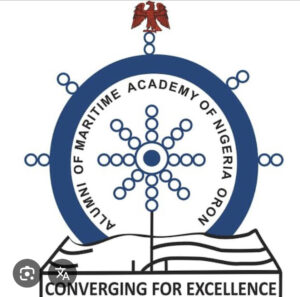
The committee expressed concern on the need to double the revenue target in view of the N97 billion shortfall recorded in 2024. It also expressed worries on the observed rise in personnel costs, from N42 billion in 2024 to N73 billion in 2025.
The committee wondered how NIMASA plans to implement ₦89 billion in capital projects when 50% of its revenue would be deducted at source.
In his response, the NIMASA Executive Director, Finance and Administration explained that budgets are mere projections which depend on economic variables. He attributed the ambitious 2025 targets to anticipated oil production increases, enhanced revenue automation, and what he referred to as operational scale-up.
“We are confident that with better systems and strategic partnerships, we can meet these targets,” he assured.
Maritime Agencies
NPA Berths Nigerian-Owned Container Vessel,”MV OCEAN DRAGON,” To Boost Incountry and Regional Trade,
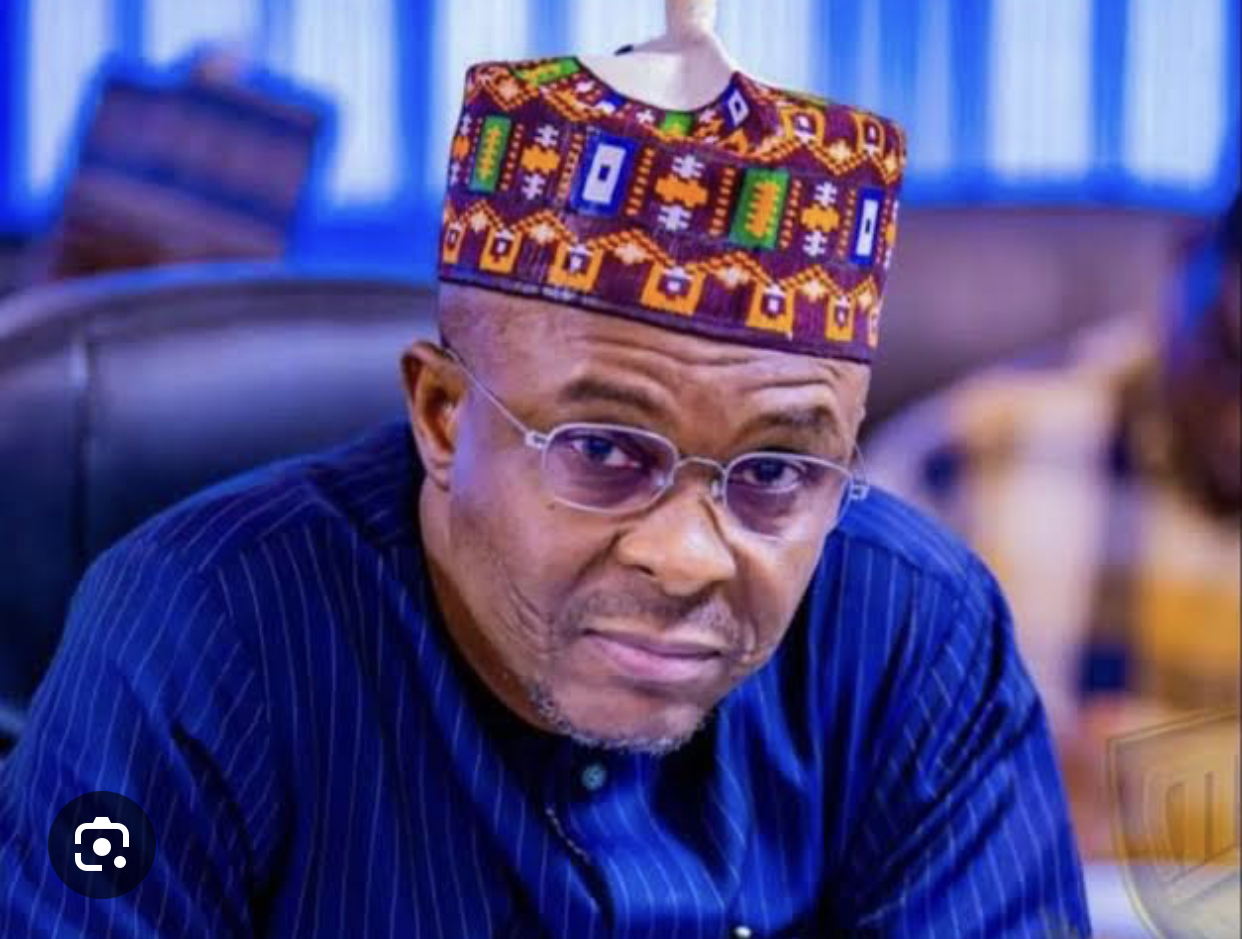
By Izuchukwu Ozoemena
The Nigerian Ports Authority (NPA), 2nd July, 2025, berthed “MV Ocean Dragon”, the first wholly Nigerian-owned container vessel.
The craft with International Maritime Organization (IMO) Number 9508770 which belongs to Clarion Shipping West Africa Limited has a capacity of 349 Twenty-Foot-Equivalent Units (TEUs) and demonstrates a concerted investment drive by the NPA aimed at reaping the gains of cost and time- saving benefits of short-sea shipping by plying in-country maritime trade routes across Nigeria and the West African sub-region. It offers an efficient alternative to road transport as the Authority’s efforts at deepening multi- modalism in transportation is being realized.

The vessel is scheduled to operate across West Africa and beyond, servicing ports in Nigeria, Benin Republic, Togo, Ghana, Cameroon, Sierra Leone, Ivory Coast, Egypt, South Africa and others, with expressions of interest for businesses already being established.
As stated by Dr Abubakar Dantsoho, Managing Director/ CEO of the NPA: “this development is a testament to our relentless commitment towards deepening efficiencies required for maximizing our marine and blue economy potentials in line with the prompting of the Honourable Minister of Marine & Blue Economy Adegboyega Oyetola whose tenacity of purpose culminated in the recent FEC approval of the national policy on Marine and Blue Economy”.
Speaking about the development too, the Vice President of Clarion Shipping West Africa Limited, Bernadine Eloka, described the acquisition of the vessel as a bold solution to the high-risk, road-dominated movement of cargoes within Nigeria. It signifies a strategic move to deepen regional trade under the African Continental Free Trade Area (AfCFTA).
The Clarion Group, she stated, aims to offer more efficient intra-African shipping services while opening up new business opportunities across ports in Nigeria, Ghana, Ivory Coast and beyond.
“We acquired MV Ocean Dragon to offer a seamless alternative to container haulage by road. Rather than struggling to move containers from Lekki to Onitsha, Port Harcourt, or Calabar by trucks, Ocean Dragon can move up to 349 containers by sea and deliver within two days from port to port,” Eloka said.
According to her, enforcement of the cabotage regime would encourage local investment, create jobs, and reduce Nigeria’s dependency on foreign-owned shipping lines.
Also speaking, Managing Director of Clarion Suncity Terminal Logistics Limited, Mustafa Mohammed, said the company would take aggressive steps to compete with global giants such as Maersk Line and MSC, by leveraging its status as Nigeria’s first indigenous shipping liner, investing in assets that directly support Nigerian exporters and importers, particularly in the landlocked regions.
He said the company had already secured bookings for 1,300 export containers and is helping farmers and manufacturers to avoid losses caused by delays and lack of containers.
This development is coming on the heels of the announcement by the NPA MD of injection of 60 million USD in fresh investments towards the establishment of eco-friendly ports developments catalyzed by the Authority’s renewed orientation towards Nigerian content development.
-

 Maritime Agencies3 weeks ago
Maritime Agencies3 weeks agoCG Adeniyi Commends Ogun II Command for Massive Revenue Increase.
-
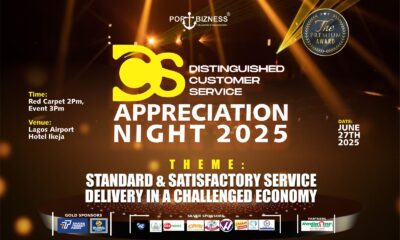
 Maritime Agencies2 weeks ago
Maritime Agencies2 weeks agoPORTBIZNESS Celebrates Excellence in Customer Service Delivery, Holds Special Awards Night
-

 Maritime Agencies2 weeks ago
Maritime Agencies2 weeks agoKebbi Customs Command Introduces Health Screening, Mandatory Sports To Ensure Work-life Balance
-

 Maritime Agencies3 days ago
Maritime Agencies3 days agoNPA Berths Nigerian-Owned Container Vessel,”MV OCEAN DRAGON,” To Boost Incountry and Regional Trade,
-

 Maritime Agencies4 days ago
Maritime Agencies4 days agoHALF-YEAR REVENUE DISPOSITION: Apapa Customs Hits N1.38Trillion, Confiscates Prohibited Goods Worth Billions.
-
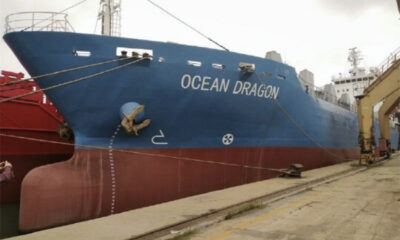
 Maritime Agencies4 days ago
Maritime Agencies4 days agoNIGERIAN PORTS AUTHORITY BERTHS FIRST WHOLLY NIGERIAN-OWNED CONTAINER VESSEL.
-
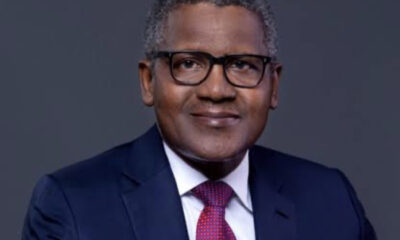
 Maritime Agencies2 hours ago
Maritime Agencies2 hours agoDangote Lauds NPA’s One-Stop Shop Committee, Donates Coaster Bus To Ease Operations
-
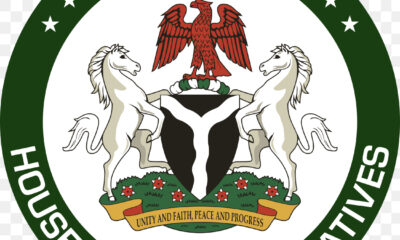
 Maritime Agencies3 hours ago
Maritime Agencies3 hours agoRelease Approved N200bn Capital Projects Fund To MAN, Oron, House of Representatives Charges NIMASA .




